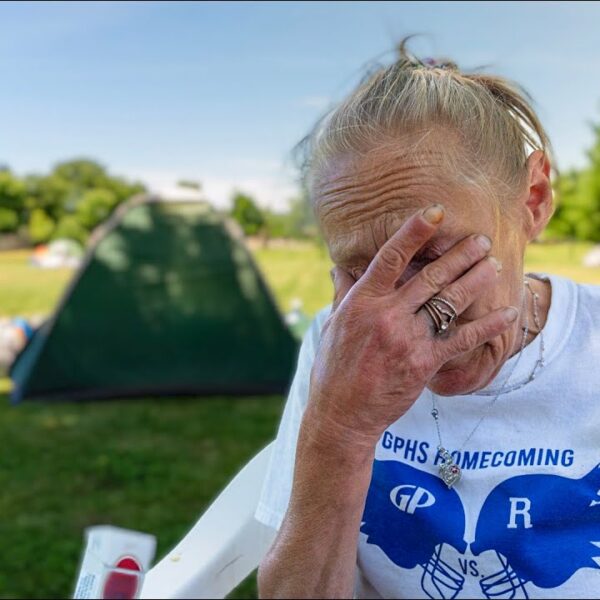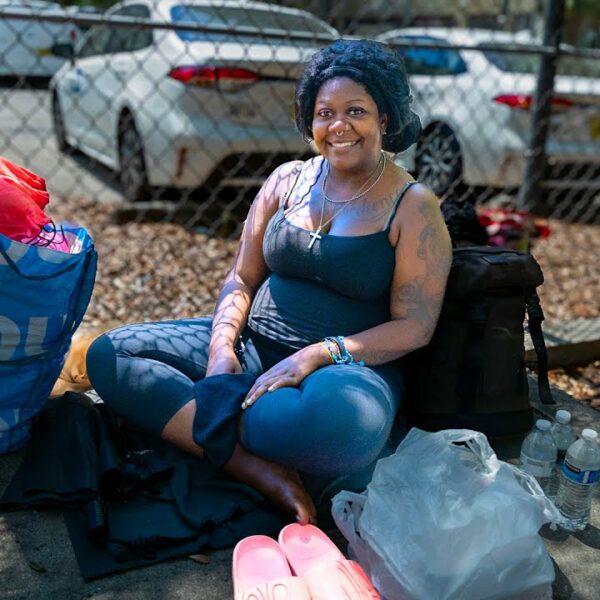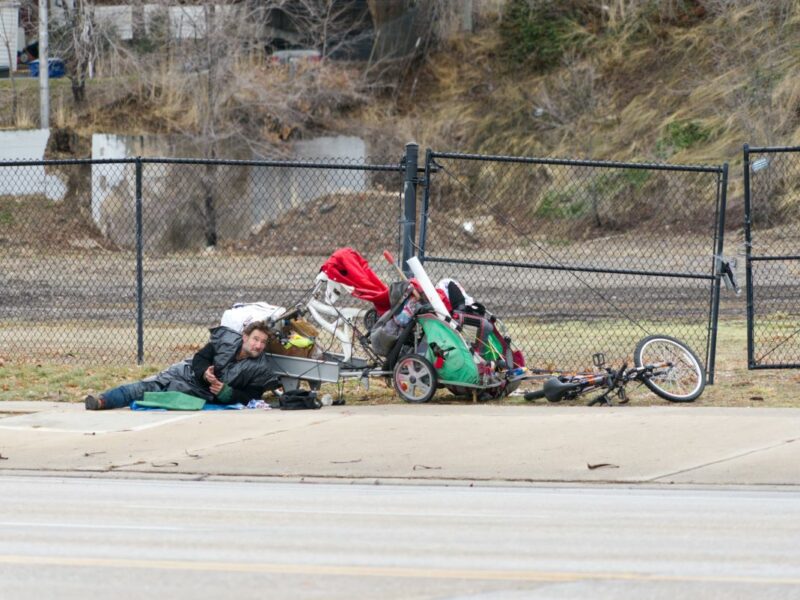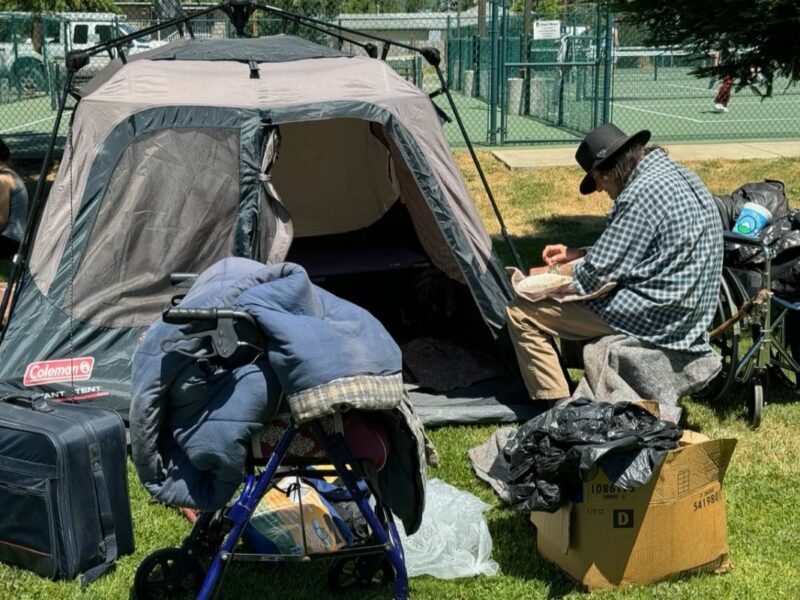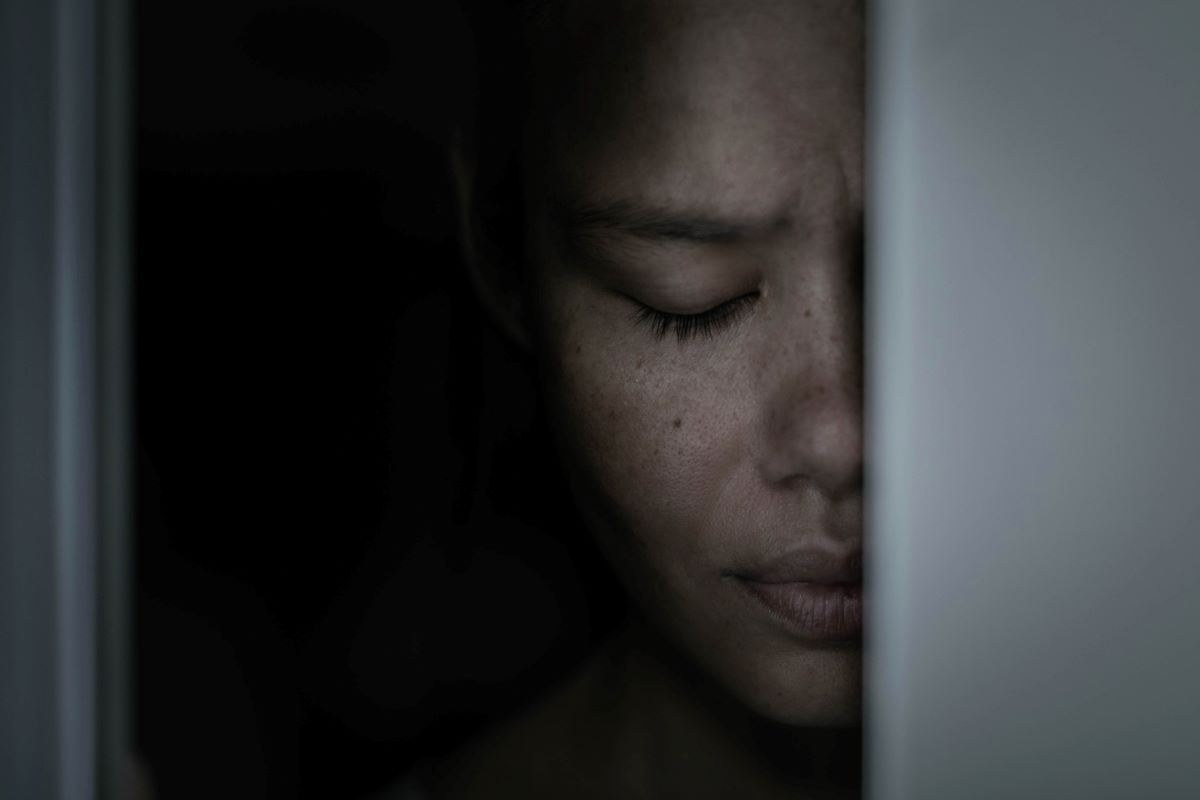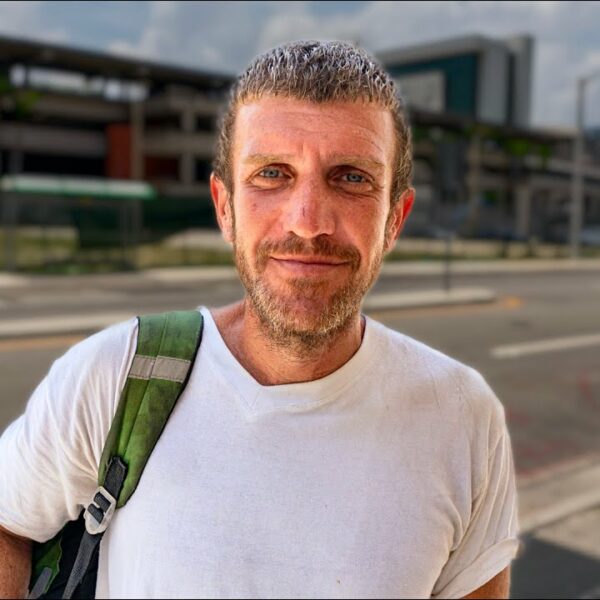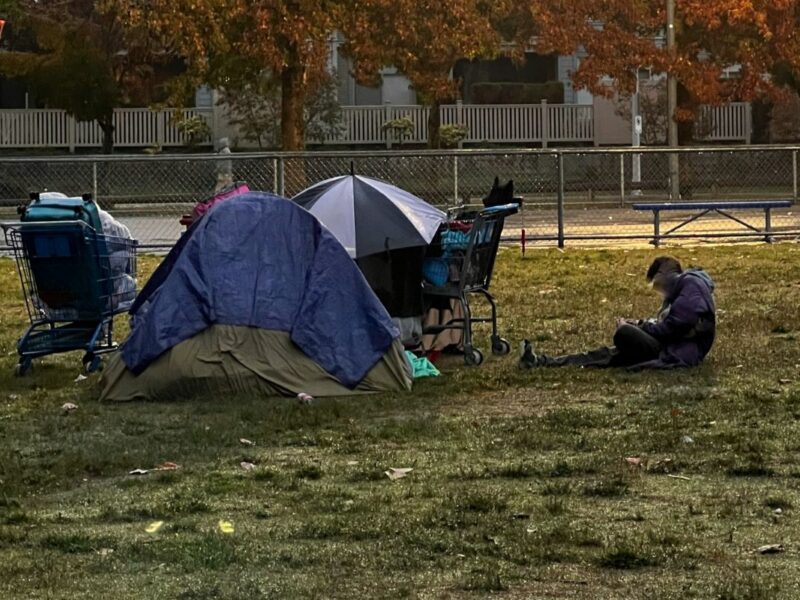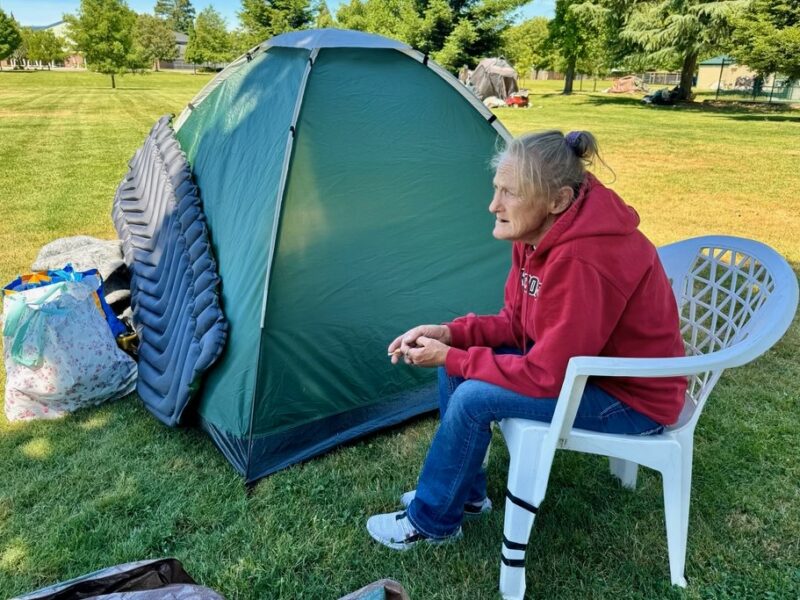Former Homeless Woman Navigates Memories and Resilience in the Aftermath of Her Experience with Homelessness
Intrusive thoughts are a strange thing. Traumatic memories can look like salvation. They don’t always look scary. Anything can trigger them. How do you avoid triggers when something as familiar as a tree swaying in the wind can transport you to another place, another time?
That’s how it happens, you know? It’s always sunlight hitting the swaying of branches. It’s the summer heat. It’s fragmented memories that come forward as quickly as they leave. It’s the result of a clash between the hippocampus and the amygdala – my amygdala, that’s been through a bit too much before age 25. Understanding how the amygdala processes fear is important because of its relevance to post-traumatic stress disorder (PTSD).
Years ago, I scoured the internet for a therapist that could tackle not only poverty and homeless trauma but also mood and personality disorders. Initially, I just wanted to find someone who could get it out of me. I wanted to erase it all. I wanted to be lobotomized, honestly. Like a parasite, I wanted it cut out with a scalpel, and I hoped, so desperately, that there was a doctor who could do this for me.
Well, that did not happen. My therapist sat me down and explained to me that not only was it impossible to carve out a part of my memory, of my past, but to do so, would be just like carving out a part of myself. More importantly, a part of myself that was important, even if I didn’t see it.
“Maybe it’s about learning how to not only live but accept this part of your past – the part of you that was influenced by homelessness. Yes, it is a part of you, but it’s not all of you. But there’s no denying it’s a part of you, a big part of who you are today, but it doesn’t have to be a *bad* part of you.”
I think the idea that this part of me was “bad” is what really haunted me. It felt like that poison that seeped through. Or that demon that lingered not too far behind, that came forward when I was most vulnerable.
She continued by reminding me how this experience brought forth the Jocelyn that exists today – the good and the bad parts: the grief, the sorrow, the meltdowns, but also the softness, the compassion, the merciful. The fire in my chest and the deep oceans of my heart all came to be through these experiences.
I learned so much about allyship, solidarity, and mutual aid while homeless. I learned a lot about love. But I was also scared most days. I was suicidal most days. And all of that created the Jocelyn that exists today.
A couple of nights ago, it showed up on my doorstep again – the demons.
It came at a time when I felt most vulnerable. I was fatigued by the sudden heat wave. As I often am, I was more anxious than usual the week before the rent was due. I saw it over the hill, incoming. My apartment was starting to reflect the inside of my mind – cluttered, messy, chaotic. The dishes were piling up, and my desk covered in half-full mugs.
Soon I was overcome with sorrow, wondering if they would always come, always lingering in memories. If they’d always be there, close behind, haunting me, for the rest of my life.
And at that moment, I thought back to my conversation with my therapist and realized the answer was yes.
I will never forget being homeless. It’s never going to happen. I can’t run from it.
For all it’s worth, I’m just glad even to have access to therapy at all. Not a lot of homeless or formerly homeless people have access to therapy. Considering how severely traumatic being homeless is, I count myself as one of the lucky ones.
I already have a diagnosis with a lot of stigma, Borderline Personality Disorder (BPD), and finding a provider is already challenging to begin with, without the homeless trauma. As I’m sure you know, a lot of stigma also comes with homelessness.
In Homeless Hurts: A Catalogue of Rarely Talked About Traumas, Cynthia Griffith, a journalist for Invisible People, shares with us the psychological toll of homelessness. Did you know homeless trauma isn’t even fully understood, even among professionals?
Mental illness increases the risk of houseless status. At the same time, enduring homelessness increases the risk of mental illness. Traumatic events endured while living unhoused can haunt a person for years. Even if they obtain housing status later, mentally and emotionally, they might never be the same.
And that’s the scariest, ultimately, the saddest part, I think. Like any other severely traumatic event that can occur in a person’s life, it really does change them. They might never be the same. Homelessness changes a person’s brain chemistry. You can never return to the person you were before the traumatic event. For years, it’s all I wanted to do – go back.
Homelessness didn’t only change me but the world around me. I could never look at the world the same way again. I can’t see the light, the goodness, around me like I used to.
But perhaps, even with that, there’s a silver lining. My inability to see it anymore motivates me more to create it.



